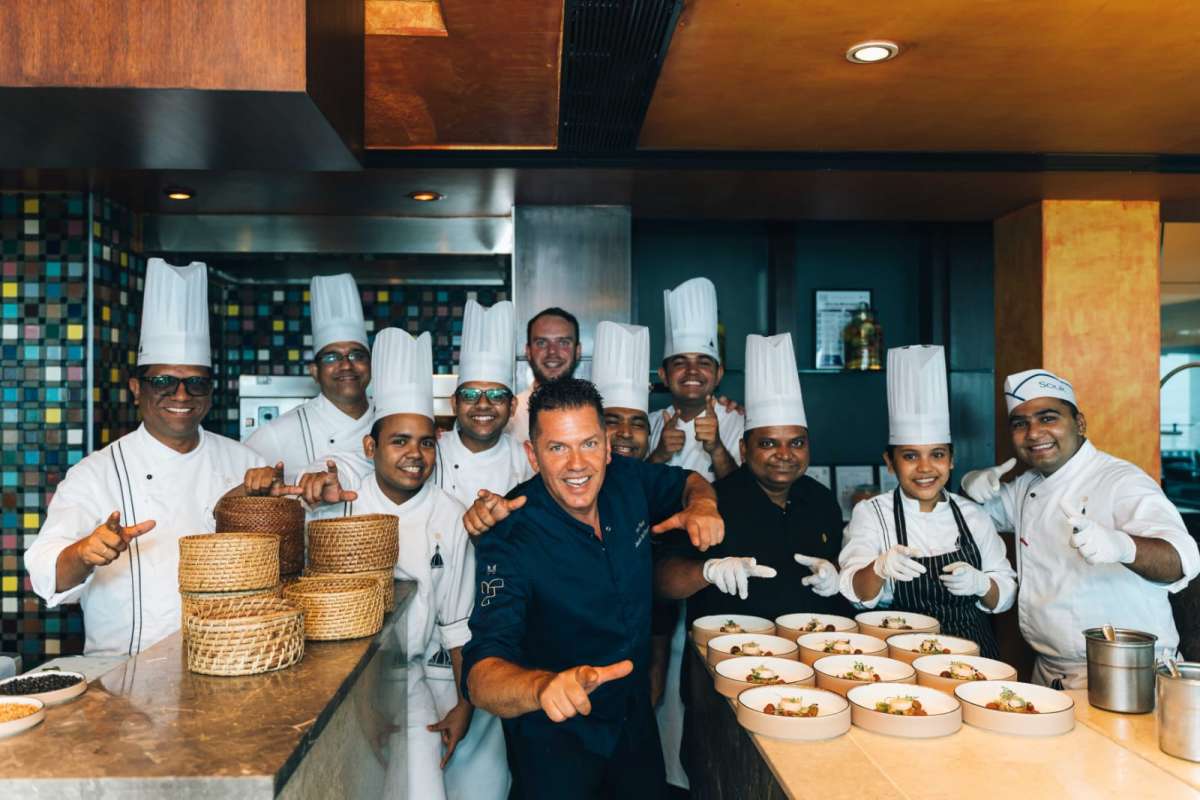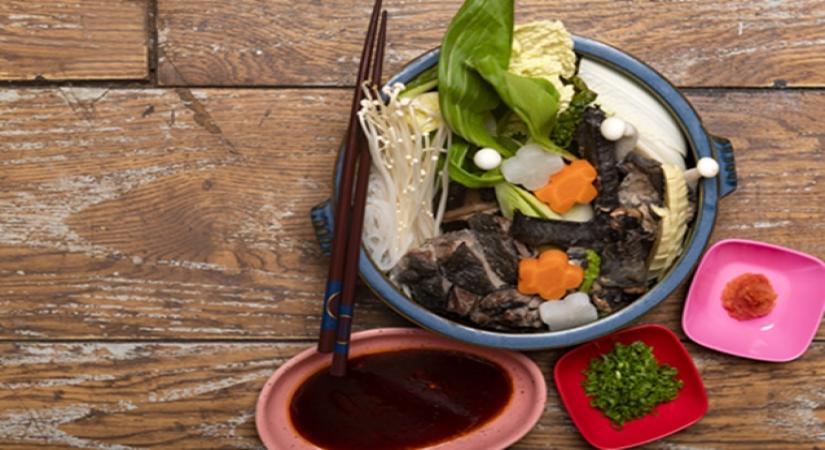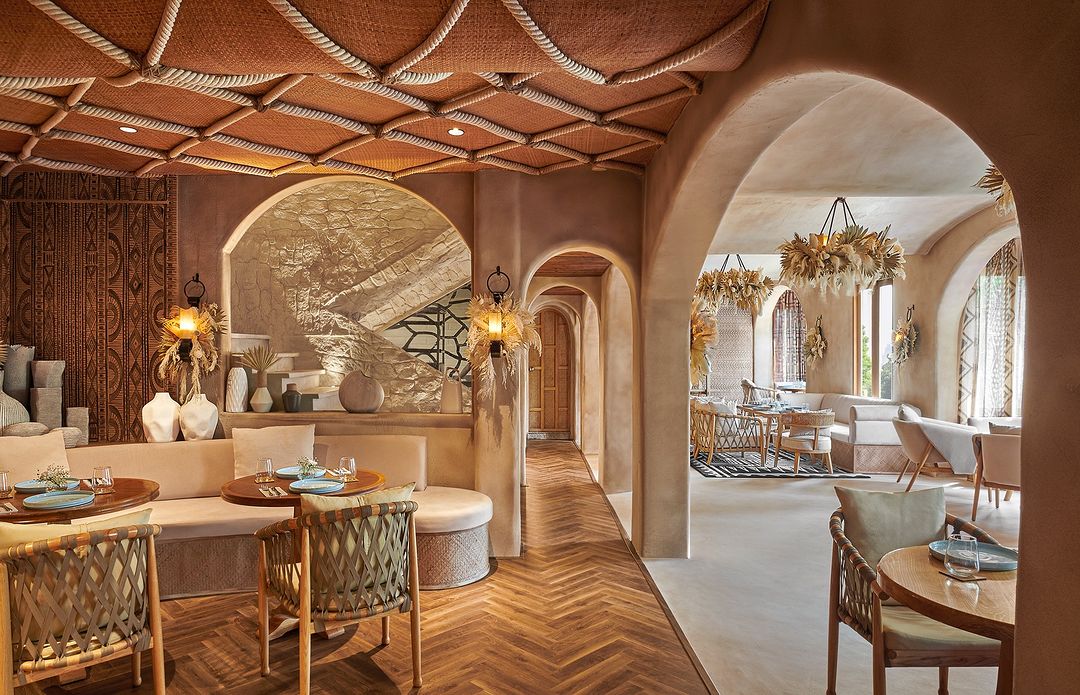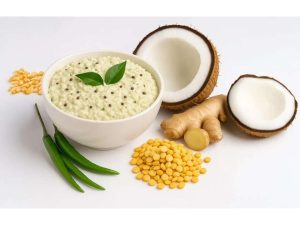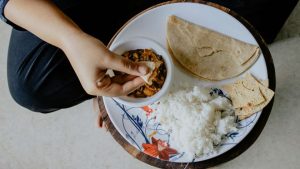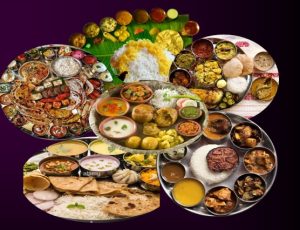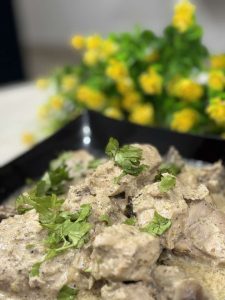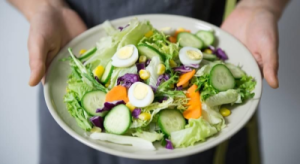The two cities got to savour his lip-smackingly delicious culinary philosophy of blending global influences with locally sourced ingredients, emphasising flavours that are both innovative and respectful of tradition. Talking about local flavours, he’s still to recover from the umami bomb contained in the bheja fry he dug into when he was in Mumbai…writes Sourish Bhattacharyya
Unlike a lot of celebrity chefs, Jacob Jan Boerma enjoyed the rare privilege of being able to visit Michelin-starred restaurants when he was a child. His parents could afford the rather expensive privilege because they were in the shoe business and had fine tastes.
They also unknowingly nurtured in their son the ambition to become a chef and open one such celebrated establishment when he would grow up.
His parents, of course, laughed away the idea, saying he was “stupid” and wouldn’t ever earn any decent money. Boerma, however, pursued his dream, starting, like so many great chefs, as a dishwasher when he was 16, and schooling his taste buds by dipping his finger into the leftover sauces and licking them off. That was his first introduction to the fine art of creating taste.
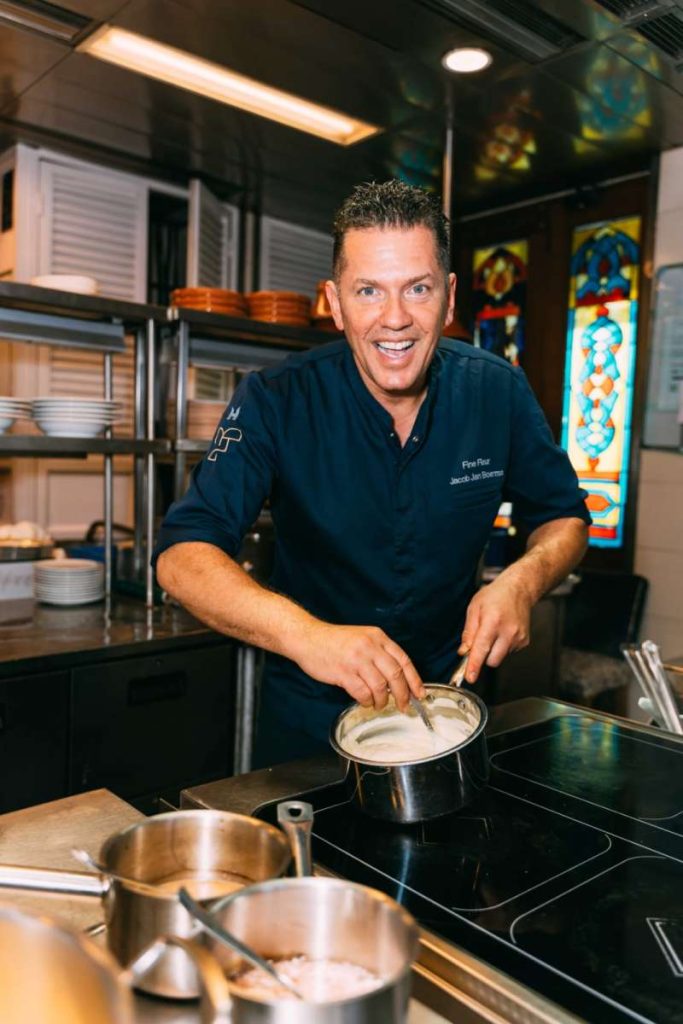
Boerma, a Dutchman who was born in Austria, went on to preside over his own Michelin three-star restaurant, De Leest in Vaassen, The Netherlands, on the fringes of a nature reserve. The jolly chef wears the three stars lightly, but it’s an honour only some really talented members of his tribe around the world have earned in their lifetime.
And he had Mumbai and Delhi’s jet-set literally eating out of his hand when he was in India to headline a fine-dining programme named ‘Rendezvous by The Chambers: The Culinary Chronicles’ at the Taj Mahal Palace in Mumbai and Taj Mahal in New Delhi.
The two cities got to savour his lip-smackingly delicious culinary philosophy of blending global influences with locally sourced ingredients, emphasising flavours that are both innovative and respectful of tradition. Talking about local flavours, he’s still to recover from the umami bomb contained in the bheja fry he dug into when he was in Mumbai.
It is very tough to earn three Michelin stars, but Boerma not only got them, but also kept them for 18 years till 2020, when he shut down his restaurant to pursue his grand global ambition of collaborating with rising young stars around the world to set up Michelin-star restaurants, which he has already done with The White Room in Amsterdam, Fine Fleur in Antwerp, and SMAAK in Yokohama, Japan.
Boerma said he’s now in the business of creating “concept restaurants,” and by the end of next year, he would have seven of them running. “It is my mission now to create concept restaurants with young chefs,” the maestro said. “I put them on the podium. I looks at my restaurants now as a collaboration between two chefs, one experienced and one young.”
Talking about his journey, the Dutchman described it as getting to live his dream by following his passion. Running a Michelin three-star restaurant can be like living in a pressure cooker, for the stars come up for review each year, and as Boerma puts it, just any guest could be a Michelin Guide inspector on an anonymous mission to check out your food.
“It is more difficult than winning an Olympic medal, but I need this pressure,” Boerma said. His typical five-day working week stretches from 8 a.m. to 11 p.m., and his weekends also see him plotting out the week ahead.
“I need this pressure,” Boerma said. “My kitchen has been my home, but the pressure makes me feel good. You cannot reach the top without pressure.”
What he has learnt, though, is to focus on each guest. “The personal touch makes the real difference,” Boerma added.
Coming to India was a novel experience for Boerma, who has been used to such luxuries as getting his supplies of fish and crustaceans off the North Sea, but here, as he discovered, “even the garlic looks and tastes different”.
And then he had also to work around the fact that Indian food laws do not allow the import of Parmigiano Reggiano (the original Italian Parmesan cheese), but it’s par for the course for Boerma, who has made it his business of work with local ingredients and flavours.
“I always source my ingredients from the area around the restaurant,” Boerma said. Coming to India, his first visit, therefore, was a revelation for Boerma because it introduced him to a new world of ingredients and flavours.
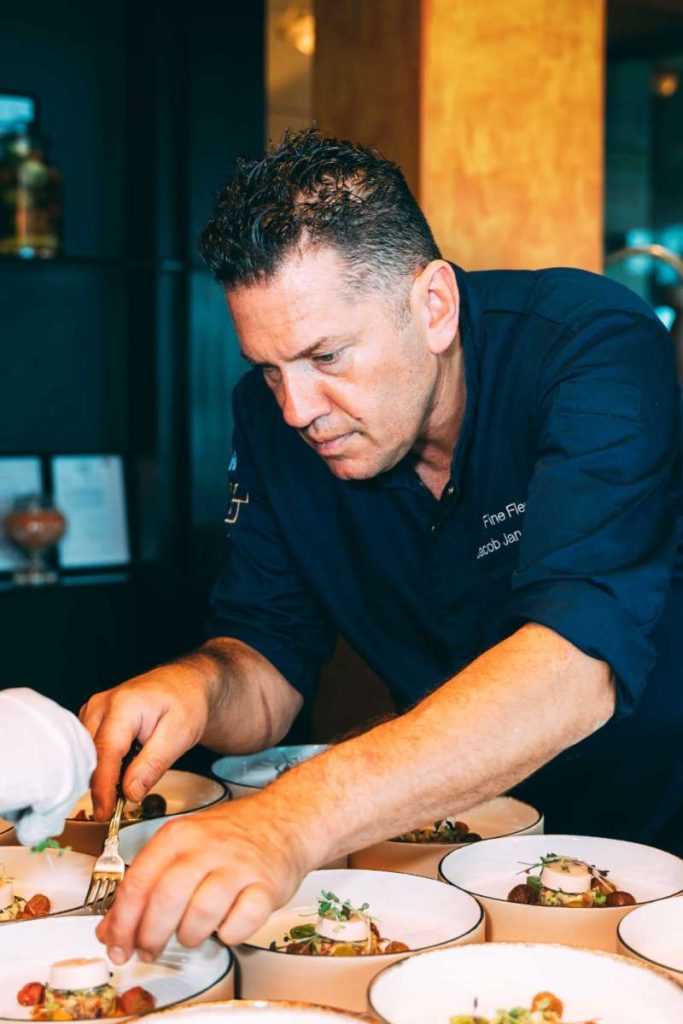
Boerma may have earned three Michelin stars, and his new restaurants may have already won their first stars within months of opening, but he’s a untiring taste traveller.
And his journey in search of flavours unfamiliar to him and newer ways of expressing them is not likely to stop soon.
ALSO READ-‘India Requires Better Food Policies for Healthier Choices’

